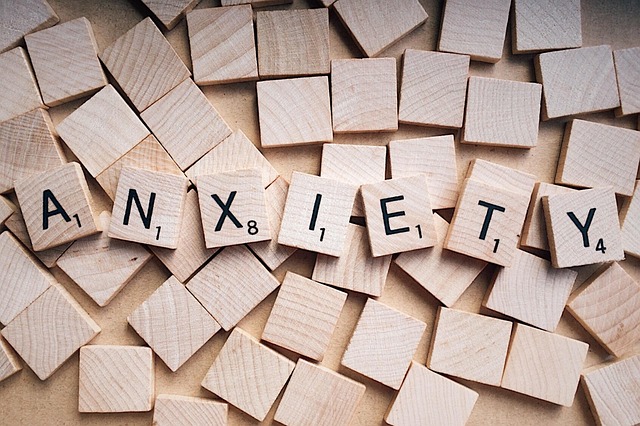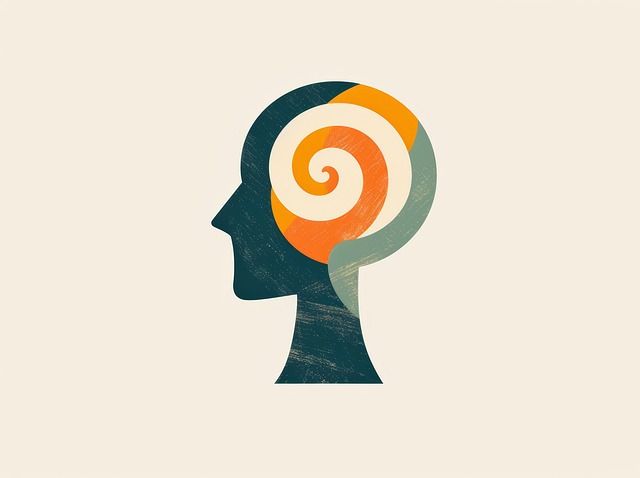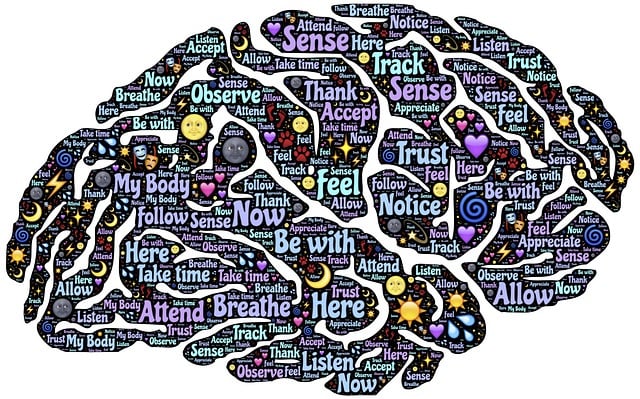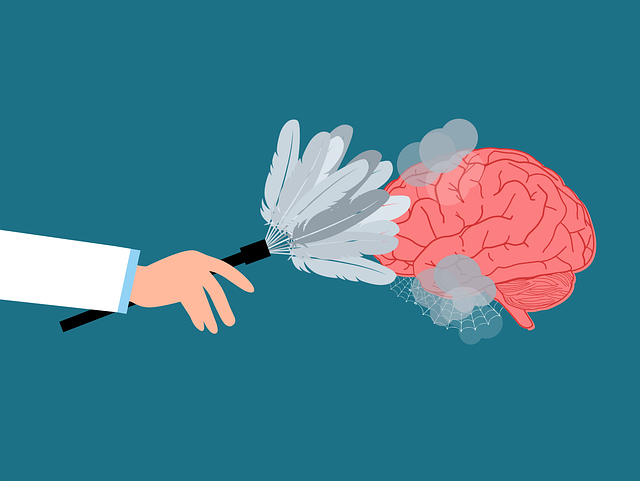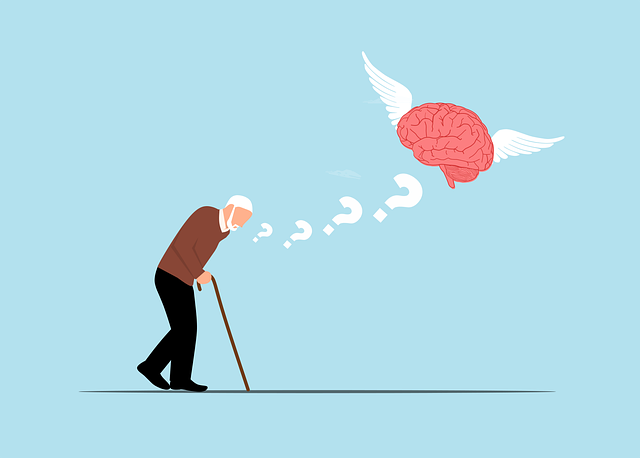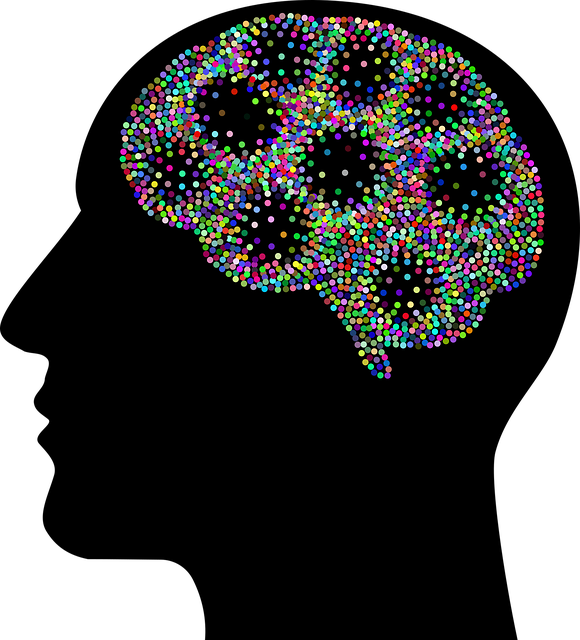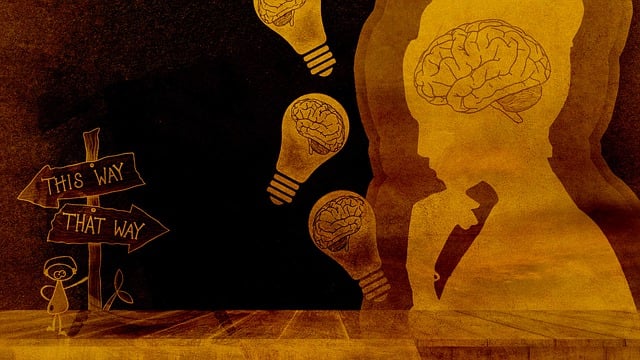Coping skills are essential for elders' well-being, with Cognitive Behavioral Therapy (CBT) and Stress Management Workshops proven effective. CBT transforms negative thoughts, addressing anxiety and depression in the elderly. Personal coping strategies, identified through introspection, incorporate CBT techniques to challenge negative patterns. Cultural sensitivity and trauma support enhance these strategies. Social engagement and community programs further aid emotional well-being, reducing stigma and fostering resilience. These approaches collectively empower elders to navigate aging and maintain mental health using evidence-based methods.
Coping skills are essential for elders to navigate life’s challenges and maintain emotional well-being. This article explores effective strategies for developing resilient coping mechanisms, focusing on the unique needs of elderly individuals. We delve into the significance of understanding coping skills, examining cognitive behavioral therapy as a powerful tool for mental health support in later years. Learn practical steps to identify personal coping strategies, engage with social support networks, and integrate community involvement for enhanced emotional resilience. Discover techniques to thrive in old age.
- Understanding Coping Skills and Their Relevance for Elders
- The Role of Cognitive Behavioral Therapy in Elderly Mental Health
- Identifying Personal Coping Strategies: A Step-by-Step Guide
- Integrating Social Support and Community Engagement for Better Coping
- Practical Techniques to Enhance Emotional Well-being in Later Years
Understanding Coping Skills and Their Relevance for Elders

Coping skills are essential tools for elders to navigate the challenges of aging and maintain a sense of well-being. Understanding and developing these skills can significantly enhance their quality of life, especially as they face various physical, emotional, and social changes. Coping strategies help individuals manage stress, regulate emotions, and adapt to life transitions, ensuring a more fulfilling and resilient journey in later years.
For elders, coping mechanisms can take many forms, such as engaging in meaningful hobbies, fostering social connections, practicing mindfulness, or adopting positive thinking patterns. Cognitive Behavioral Therapy (CBT), for instance, is an effective therapy for elders, focusing on identifying and changing negative thought patterns and behaviors that contribute to stress and anxiety. Stress Management Workshops organized by various organizations also play a crucial role in teaching practical techniques for emotional healing processes, enabling elders to cope with life’s stressors effectively.
The Role of Cognitive Behavioral Therapy in Elderly Mental Health

Cognitive Behavioral Therapy (CBT) plays a pivotal role in addressing and enhancing mental health issues among the elderly population. This evidence-based approach targets maladaptive thought patterns, emotions, and behaviors, offering a structured framework for coping with various challenges. For seniors, CBT can be particularly effective in managing conditions like depression, anxiety, and even cognitive decline, empowering them to regain control over their emotional well-being.
By incorporating CBT, mental health professionals can facilitate the development of self-care routines tailored to the unique needs of elders. Through therapy sessions, individuals learn valuable empathy-building strategies that foster deeper connections and understanding within social circles. Furthermore, risk management planning becomes an integral part of this process, ensuring professionals are equipped to handle potential crises while promoting the long-term mental resilience of their elderly clients.
Identifying Personal Coping Strategies: A Step-by-Step Guide

Identifying Personal Coping Strategies involves a introspective journey that empowers individuals to navigate life’s challenges effectively. It starts with self-awareness – recognizing your unique emotional triggers and stress responses. Through reflection, you can identify patterns in how you cope with difficult situations, whether it’s engaging in creative outlets, spending time in nature, or connecting with loved ones. This step is crucial for developing a toolbox of strategies tailored to your individual needs.
Consider incorporating Cognitive Behavioral Therapy (CBT) techniques, often recommended by healthcare providers and trained professionals. CBT helps individuals challenge negative thought patterns and replace them with healthier coping mechanisms. Cultural competency training can also be beneficial, ensuring that coping strategies are culturally sensitive and relevant. Additionally, exploring burnout prevention strategies for healthcare providers – a demographic at higher risk – can lead to more effective self-care practices. Remember, trauma support services may offer specialized tools for individuals with past traumatic experiences.
Integrating Social Support and Community Engagement for Better Coping

Integrating social support and community engagement plays a pivotal role in enhancing coping skills among elders. Cognitive Behavioral Therapy (CBT), a widely recognized therapeutic approach, often emphasizes the importance of these connections in addressing mental health issues. By fostering meaningful relationships and actively participating in community activities, elders can effectively navigate life’s challenges. Social interactions provide a sense of belonging and offer opportunities to share experiences, which is particularly beneficial for emotional well-being promotion techniques.
Community engagement allows individuals to tap into support networks, participate in conflict resolution techniques, and develop self-care practices. It encourages a proactive approach where elders can find purpose and meaning, contributing to their overall resilience. Through social connections and community involvement, elders gain access to valuable resources, enhance their coping strategies, and improve their quality of life.
Practical Techniques to Enhance Emotional Well-being in Later Years

As individuals age, maintaining emotional well-being can become a significant challenge. However, practical techniques and therapeutic interventions can greatly enhance their quality of life. One effective approach is Cognitive Behavioral Therapy (CBT), which helps elders identify and change negative thought patterns and behaviors. CBT has been proven to be an invaluable tool in managing conditions such as anxiety, depression, and stress, all of which are common among the elderly population.
Community outreach programs and mental wellness podcast series production can also play a crucial role in promoting emotional health. These initiatives provide platforms for open discussions about mental well-being, reduce stigma, and offer accessible resources. Through regular interactions with peers and professionals, elders can find support, share experiences, and gain valuable insights into coping strategies. Such activities foster a sense of belonging, enhance social connections, and ultimately contribute to improved emotional resilience in later years.
Coping skills development is a vital aspect of promoting emotional well-being in later years. As our understanding of elderly mental health grows, integrating evidence-based practices like Cognitive Behavioral Therapy (CBT) becomes increasingly important. By combining CBT with personalized coping strategies and robust social support networks, elders can effectively navigate life’s challenges. The steps outlined in this article—from identifying individual coping mechanisms to fostering community engagement—empower seniors to enhance their resilience and overall mental health. Through these strategies, we can ensure that the later years are not only endured but also embraced with greater peace of mind.
